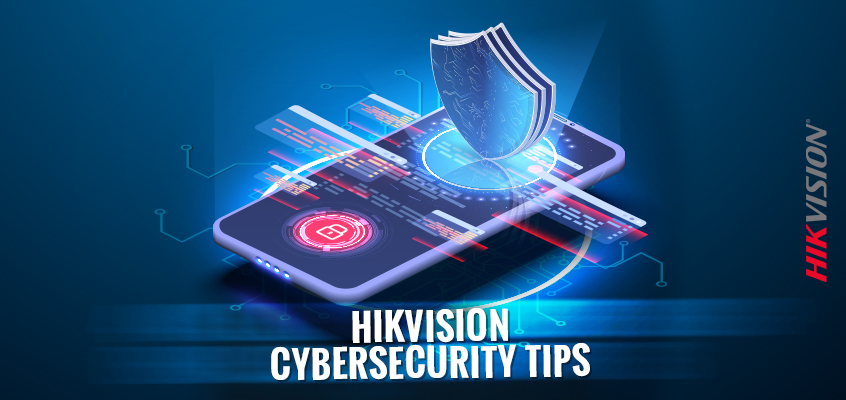Cyber-Protecting from Data Breaches and Helpful Hikvision Tips

Hikvision continually maintains its goal to learn and share the most up-to-date knowledge and technology in cybersecurity. Security Magazine recently released an article about the top 10 breaches of 2022. Let’s walk through a few of those data breaches and learn some tips from Hikvision about managing cybersecurity.
According to Security Magazine, data breaches increased by 2.6% over the last year and had several well-known company data breaches. The Costa Rica government saw a data breach in 2022 where a threat group was able to access the entire government system, stole valuable data, and demanded $20 million. The government had to declare a state of emergency. Uber also suffered from a data breach where 57 million users were affected. The company had to pay $100,000 to the threat actors to ensure the information wasn’t made public. The number 1 data breach was the Medibank data breach. Medibank, one of the largest health insurance providers in Australia, suffered a data breach that affected 9.7 million national customers and 1.8 million international customers.
Clearly, data breaches are frightening, but action can be taken to prevent them. Here are 4 tips from Hikvision prevent cybersecurity attacks.
- Use two-factor authentication (2FA) or multi-factor authentication (MFA) everywhere possible.
- Use a password manager. This will allow you to make great passwords (20 plus characters) that are unique for every website. And you won’t need to remember any of them.
- Never reuse passwords. If you have reused passwords, take time to change them now, before it’s too late. Threat actors buy up username/password lists and start trying to login with the username and password on other sites, like Twitter, Facebook, and Spotify.
- If you are alerted that a password has been compromised, change it immediately and see item number three, above.
Hikvision is continuously dedicated to helping customers, partners, and distributors keep security systems and equipment safe. Visit our online cybersecurity center to learn more.
